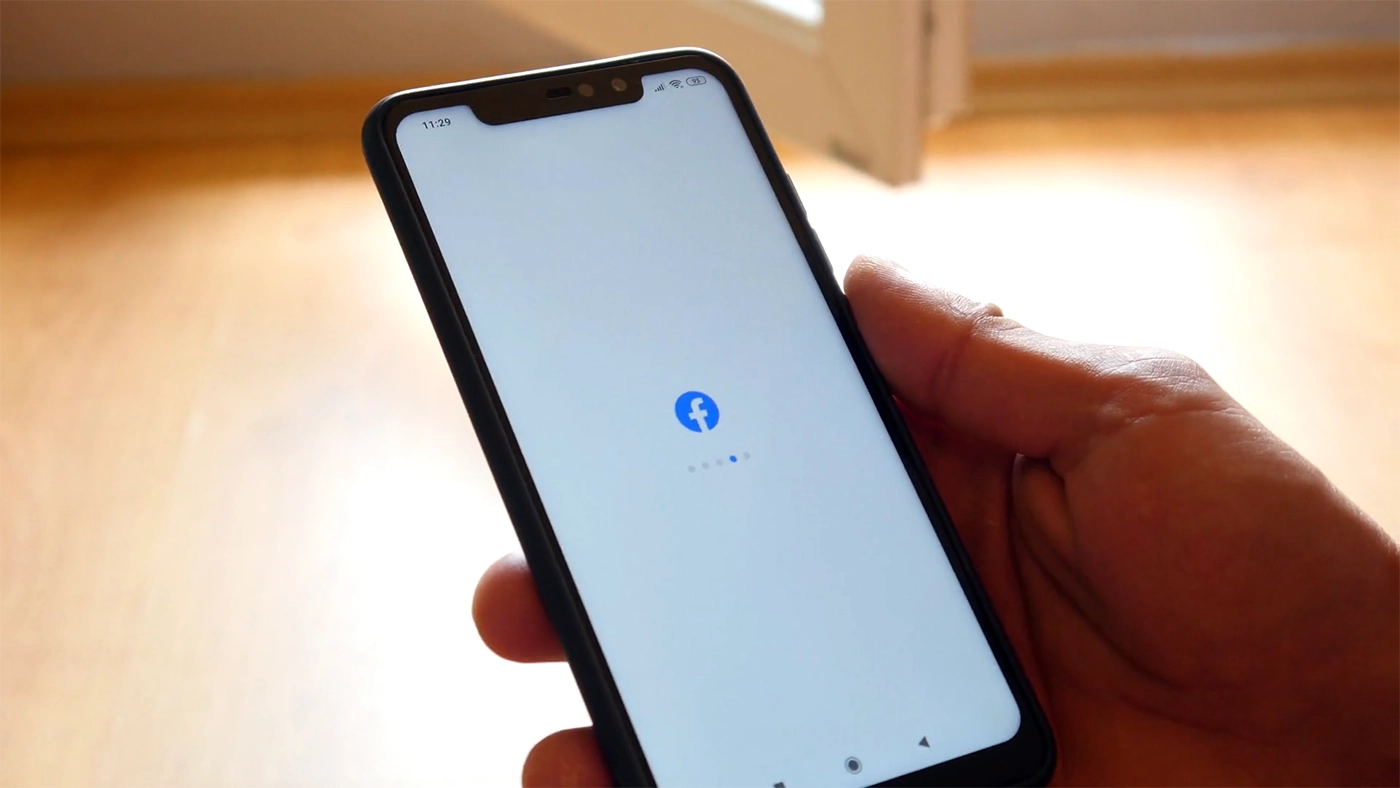“Grandma, it’s me. I’m in so much trouble, please don’t tell Mom or Dad. I don’t want them to be mad at me. I was in a car accident. They’re saying I was texting but I wasn’t! The woman I hit was pregnant and now I need to pay $5,000 for bail or I’ll go to jail. Please can you send the money? I’m so scared.”
The voice is shaking, sobbing, and even though the audio is grainy and rough, it sounds like your frightened, remorseful grandchild. In that moment, your heart drops. Your whole world narrows to one human instinct: protect the person you love.
The instinct to protect is human, and scammers know it. The grandparent scam is one of the cruelest scams out there, and it’s only getting more convincing. If you think this could never fool you or your family, it’s time to think again.
What is the "Grandparent Scam"?
The “grandparent scam” has been around for years. In its classic form, a scammer would call an elderly person and pretend to be a grandchild (or another relative) in trouble using bad audio and muffled voices to mask their real voice. They would say they had been arrested, injured, or were stranded in a foreign country and they needed money fast.
Here is real audio we obtained from an actual grandparent scammer:
Hearing a voice that sounds panicked, scared, or whispering in fear triggers a primal reaction in the brain sending you into protector mode. You don’t question – you act. You’re no longer thinking rationally, you’re reacting emotionally. That’s exactly what scammers want. These scams are designed to bypass logic and strike at the heart.
The Seraph Secure and Kitboga scam investigations team hears stories like this all too often. Here’s one shared by a member of our community that shows just how real these calls can feel:
"My grandparents received a call from someone claiming to be from the local police department saying that my mother had been in an accident and was in jail because she was texting on her phone. They put someone on the phone who pretended to be my mom but my grandmother couldn't make out what she was saying. Then they put someone on who was supposed to be my mom's attorney and asked my grandparents for $15,000. When my grandparents said they couldn't pay it they instead asked for $5,000. My grandparents never gave them any money and found out it was fake after calling me and telling me about it. I had just woken up to the phone call and it scared me until I realized my mother was in her bedroom completely okay.”
Thankfully, this scam attempt ended the right way, but many others don’t. Once money is sent, it’s almost impossible to get back.

A Scam That's Evolving
In the past, scammers relied on vague stories with fuzzy details to trick victims. They’d intentionally mumble, cry, or use heavy background noise to cover the fact they didn’t sound exactly like your grandchild. But like many other types of scams, the grandparent scam has evolved.
Today’s scammers are often part of organized teams, each playing a role to make the situation feel more real. One person might act as the distressed family member, while another pretends to be a lawyer, police officer, court official, or doctor. The phone gets passed around and if you stay on the phone long enough, they’ll keep up the act, switching between characters, building the story, adding details, and increasing the pressure.
They also do their research. Scammers will dig through public records, use information from data breaches, and comb through social media to learn names, locations, hobbies, and enough family dynamics to create a targeted and believable attack. If the victim is convinced, they instruct them to not speak to anyone else and give specific instructions for sending money, usually through wire transfers, gift cards, cryptocurrency, or even in-person cash pickups.

When paired with other tools like spoofed phone numbers and fake legal documents, the scam can feel very real to the victim. But now, with artificial intelligence entering the picture, these scams are entering a terrifying new phase.
The AI Threat
The technology to clone a voice isn’t theoretical – it’s already here. Microsoft’s AI VALL-E-2, and its predecessor VALL-E, are capable of recreating a voice, preserving tone, the speaker’s emotion, and even the background noise, using only a 3-second audio sample. That’s all it takes.
VALL-E-2 is so advanced researchers say it has achieved human parity, a point where the cloned voice results are indistinguishable in quality from those created by human translators.
This means that with AI-generated audio, a scammer doesn’t need to convince you they sound like your grandchild – they become your grandchild.

How Scammers Steal Your Voice
Though Microsoft has no current plans to release VALL-E to the public, the technology of voice synthesis is at our doorstep. Other models that can convincingly clone a voice are publicly available to use.
Scammers can collect voice clips in more ways than you can probably imagine. A few seconds is all it takes, with longer or multiple samples providing enough to create high-quality, emotion rich clones.
Social Media
Of course, social media can play a role. People post publicly accessible videos on platforms like Facebook, Instagram, TikTok, and YouTube that provide clean voice samples for scammers to download and use.
Voicemail Messages
Even a “Hi, this is [Name]. Sorry I missed your call, leave a message and I’ll get back to you.” is all a scammer needs to start cloning.
“Voice Harvesting” Scams
Also referred to as voice phishing or vishing, scammers will trick you into speaking on the phone under false pretenses. They may ask you to take a survey, confirm deliveries, or offer you a free quote. Their real goal is to get you to say a few key phrases like “yes”, your name, or other short responses in your natural voice that they can record and use later.
Voice cloning is just the beginning. Scammers may soon combine voice clones with deepfake video technology, allowing them to create live video calls where it looks like your loved one is on the screen, crying for help. It’s not widespread yet, but it’s coming.

How to Protect Yourself and Your Family
1. Lock down social media. Set your profiles to private and don’t accept friend requests from strangers. Scammers scrape platforms like Facebook, Instagram, and TikTok for photos, voice samples, and family connections.
2. Set up a family code word. Choose a word or phrase only you and your loved ones know. If someone calls claiming to be in trouble, ask for the code word. If they don’t know it, hang up.
3. Call them yourself. Even if the voice on the other side of the line sounds exactly like your loved one, hang up and call them or another trusted family member directly. Always confirm before acting.
4. Verify who is calling. Scammers can spoof numbers to make it look like they’re calling from somewhere else, including your local police department. Always ask for a case number, hang up, then find the verified number of whoever they claim to represent and call back directly.
5. Stay calm and don’t be rushed. Scammers count on urgency and panic by making the situation as upsetting as possible to cloud your judgement. No matter how dire the situation sounds, pause for a moment before you act. Ask yourself: Does this make sense? Is this how law enforcement would actually handle things?
Plan Today to Save a Heartbreak Tomorrow

Scammers know any loving grandparent is going to do everything in their power to help a scared child or grandchild in need, and the emotional manipulation can have devastating results. But with the rise of voice cloning and AI-generated impersonations, it’s more important than ever to be skeptical.
These scams aren’t going away, they’re just getting more personal.
If you’re reading this, take five minutes today to call or text your loved ones. Make a plan, set up a secret code word or phrase, and make sure everyone knows what to do if a real emergency happens. Because when the phone rings, and it sounds just like your family member crying for help, you’ll want to be ready.
One quick conversation could be the thing that stops this scam in its tracks.
- The Seraph Secure Team




